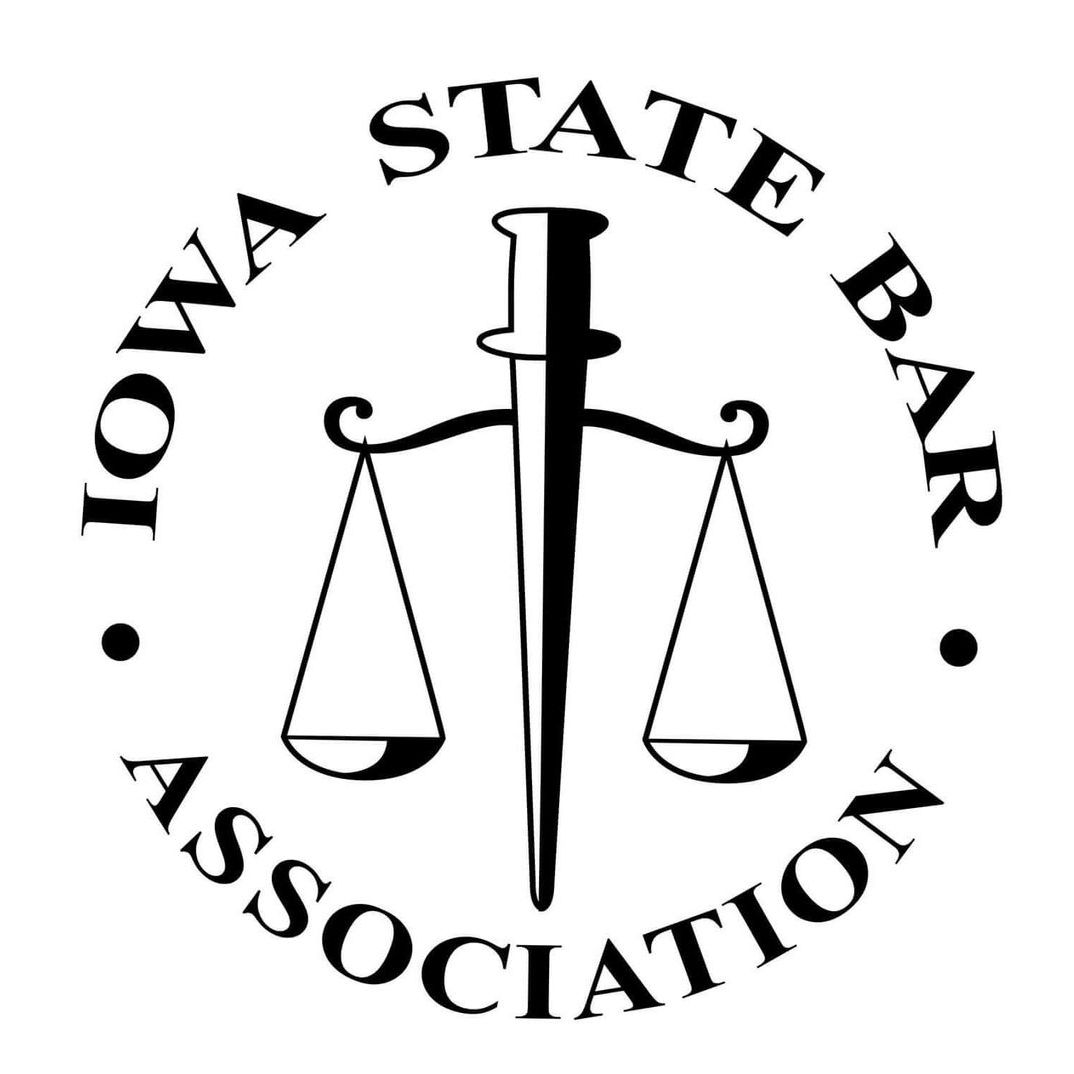Balancing Lobbying, Attorney and the Truth
A balance that not everyone gets right!
As a lobbyist, I understand that misinformation or incomplete truths are expected in politics. However, as an attorney, I must uphold legal ethics and standards, including honesty and truthfulness, in all communications and dealings.
1. Lobbyist’s Perspective:
- Encountering misinformation: Lobbyists often navigate a complex landscape where stakeholders may present biased, exaggerated, or incomplete information to sway opinions or decisions. They must be vigilant and critical in assessing the credibility and accuracy of the information they receive.
- Managing Misinformation: While lobbyists may encounter misinformation, they are not expected to propagate it. Instead, they must verify facts independently and present accurate information to decision-makers to ensure informed decision-making.
- Navigating Ethical Boundaries: Lobbyists must operate within ethical boundaries, refraining from knowingly presenting false or misleading information. However, they may strategically frame information to highlight certain aspects beneficial to their cause while ensuring overall accuracy.
2. Attorney’s Perspective:
- Legal Obligations: Attorneys are bound by strict ethical and legal obligations, including rules of professional conduct that mandate honesty and truthfulness in all legal matters.
- Client Representation: Attorneys represent their client’s interests zealously within the bounds of the law, but they must do so based on accurate and truthful information. Misrepresentation or deceit can have severe consequences, including professional sanctions or legal liability.
- Fact Verification: Attorneys are responsible for verifying the accuracy and validity of client information obtained during legal proceedings. They cannot knowingly rely on false information or misrepresent facts to the court or opposing parties.
In summary, while lobbyists and attorneys operate in environments where misinformation may be encountered, the key distinction lies in each profession’s ethical and legal standards. Lobbyists must be cautious in navigating and verifying information, while attorneys have a stringent duty to uphold truthfulness and integrity in all legal matters.



